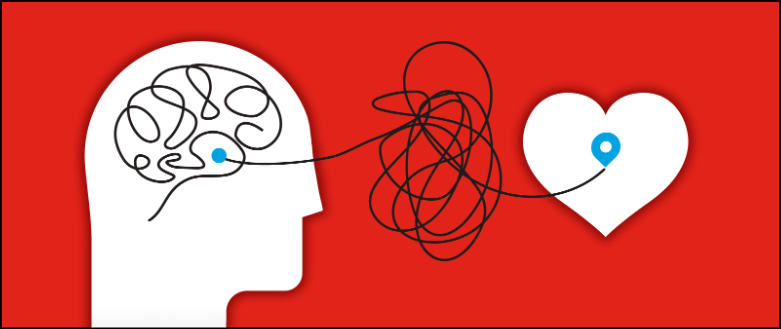blog / Is Oxytocin Really the 'Love Hormone’? Debunking the Oxytocin Myth
Is Oxytocin Really the 'Love Hormone’? Debunking the Oxytocin Myth
Nishi Ninawat
B.Tech.

A recent study was conducted on genetically modified prairie voles to achieve a deeper understanding of social attachments in the species, which can provide similar knowledge for other social mammals, including humans. Most prairie voles are family-oriented, mate exclusively, and raise pups together, unlike 97% of mammals. This attachment behaviour, commonly referred to as pair bonding, has been observed in ethological studies in the wild and laboratory settings. Like many mammals resembling pair bonding, prairie voles also show bi-parental care for their offspring.
It was long thought that this behaviour was observed due to the 'love hormone'. Many studies over the years have demonstrated that the presence of a receptor, Oxtr is responsible for this domestic bliss in the species. Oxt signalling is also thought to be critical for the letdown of milk, the reflexive release of milk triggered by sensory stimuli associated with suckling. In this study, the scientists used CRISPR to edit the genome and create three Oxtr-null mutant prairie vole lines.
In previous studies, the Oxtr-blocking drugs resulted in polygamous prairie voles and abolished all other paired-bonding behaviours. In mice, the pups born to mothers lacking oxytocin died soon after because mothers could not let down milk in response to suckling. When the scientists created the mutants, they expected similar results, but to their surprise, that did not happen.
The mutant voles were monogamous and spent more time huddling with their partners. They also displayed aggression toward the unfamiliar conspecific of the opposite sex, indicative of the rejection of other potential mates. The mutant mothers were also able to successfully wean their young ones. However, the amount of milk was significantly reduced, and in turn, the pups born to mutant voles grew more diminutive in size compared to wild ones.
These results suggest that oxytocin is not the only hormone responsible for the social attachment formed in mammals. Devanand Manoli, a behavioural neuroscientist at the University of California, San Francisco, and a co-author of the Neuron study, says, "The wiring for attachment is so important," he says. "It would be a little surprising if there were a single point of failure."

A hormone called vasopressin has also been thought to be associated with social attachments in prairie voles. It is thought to develop a territorial bond in male prairie voles. Still, the mutants did not show any amped-up production of this hormone to compensate for the absence of oxytocin receptors. Scientists associated with the study speculate that some developmental mechanisms might have paid for the lack of receptors, which wouldn't have happened during the blocking use of drugs. The drugs used may have affected more than just oxytocin. "It's fair to say that a lot more needs to be done before we can really say that this qualifies as a love hormone," says Shah, a scientist associated with the study.
Neurobiology is still distant from understanding the science behind love and attachment, which is deeply rooted in human society. More experiments and technology are required to discover how the exquisite brain functions. While technologies like CRISPR have paved the way for very different ways of conducting investigations and studies on burning matters, a fundamental question should be, why is it unethical to create 'designer' human babies whereas, it is perfectly alright to create mutants of other species capable of love for experiments and eradicate them at your own whimsy. Why the value of life and the cost of death is subject to moral disparity? Something to think about.
Key:
- Oxt: Oxytocin
- Oxtr: Oxytocin receptor
References and further reading:
- https://www.cell.com/neuron/fulltext/S0896-6273(22)01084-4?_returnURL=https://linkinghub.elsevier.com/retrieve/pii/S0896627322010844?showall=true#secsectitle0010
- https://www.nature.com/articles/d41586-023-00197-9?WT.ec_id=NATURE-202302&sapoutbound-id=29F9B9401FA9C9A946BAC460607349D3825E8DD7
- https://www.scientificamerican.com/article/monogamous-prairie-voles-reveal-theneurobiology-of-love/